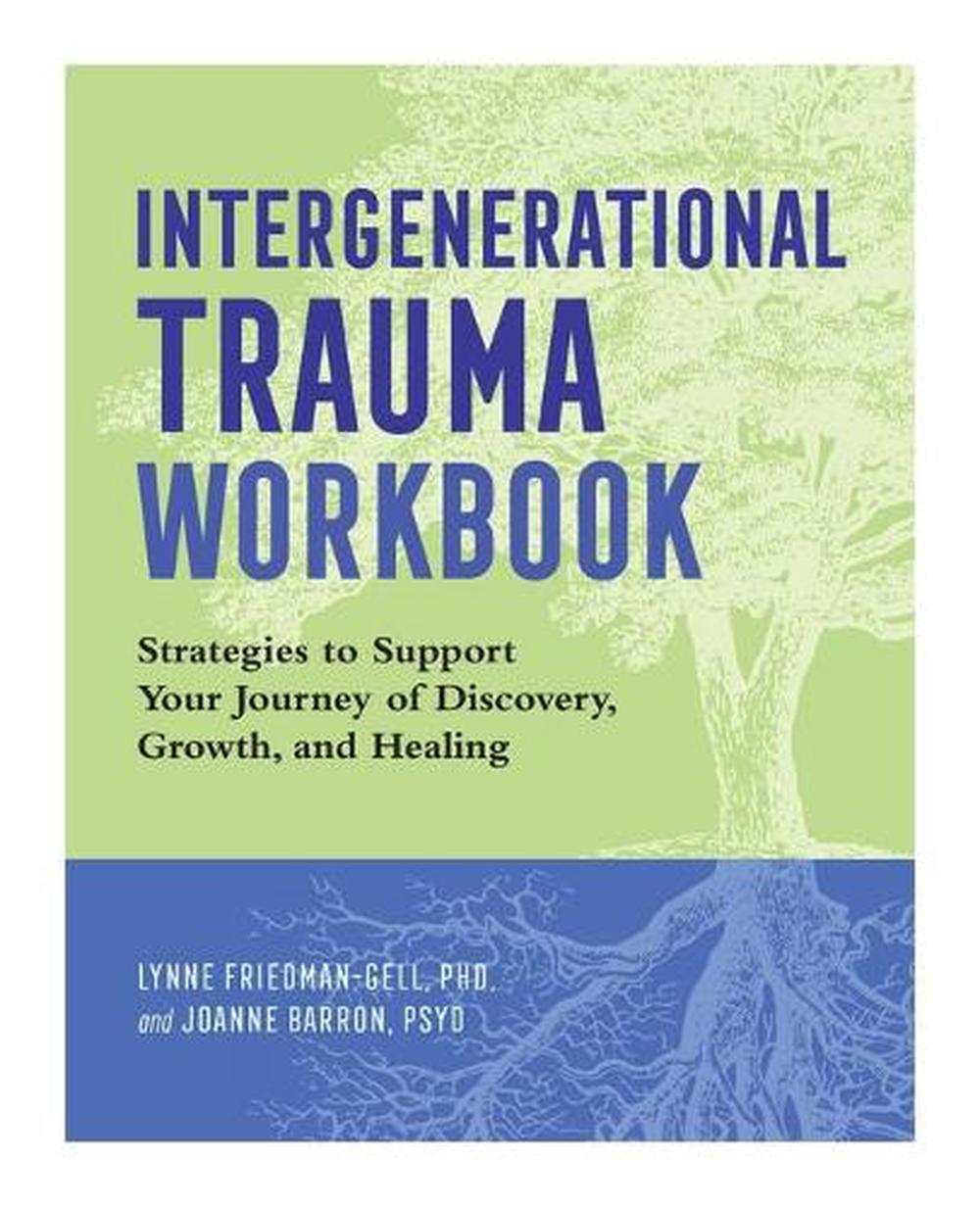
How does my family respond to stressful situations? How does my family cope with pain? What does my family value? What does my family discourage? What lessons or explanations has my family taught me about the way the world works? What stories do my relatives tell about our family? How is our family portrayed? Or maybe they isolate themselves and teach their children not to trust outsiders. Maybe your family members avoid talking about their feelings and check out when difficult situations come up. Think about the patterns, themes, and beliefs within your family. You can also join a peer support group with other people going through something similar. A trauma-informed therapist can help you work through your family’s history and its impact. When the effects of trauma impact your daily life or just don’t get any easier to manage, it’s time to find help. “Are these behaviors in reaction to anything that you can recall? If not, it’s possible that you are experiencing intergenerational trauma.” How can you heal from intergenerational trauma? “Because intergenerational trauma is so specific to a community and family, it may be difficult to pinpoint what reactions are a result of intergenerational trauma,” says Kathryn. Trouble regulating or communicating emotions Sleep problems (insomnia, nightmares, etc) Trauma impacts everyone differently, so intergenerational trauma can show up in a lot of ways. What are the symptoms of intergenerational trauma?

For example, racial disparities in the criminal justice system lead to a disproportionate amount of intergenerational trauma around incarceration in BIPOC families. Some racial and ethnic communities are more vulnerable to intergenerational trauma because of histories of inequality, violence, and discrimination against them. These are some experiences commonly associated with intergenerational trauma: Just like any person can experience a traumatic event, any family can be affected by intergenerational trauma. Who is affected by intergenerational trauma? A lot of Indigenous people experience historical trauma from centuries of forced relocation, assimilation, and violence against Indigenous people in the US. There’s also historical trauma, which isn’t rooted in a specific family’s trauma, but rather the collective trauma of a systematically oppressed or persecuted group of people. You may also hear this called multigenerational, generational, or secondary trauma. Just as we inherit our appearance, blood type, and medical conditions, we also inherit unhealed trauma creating ripple effects for future generations.” “Epigenetic research has shown that experiencing or witnessing traumatic events can literally modify our DNA. “When a traumatic event occurs our brains and nervous system go into “survival mode” and equip us to cope with events that we would not have been able to otherwise,” says Kathryn Lee, a psychotherapist in private practice in New York City. For example, a couple who survived a war in their home country may raise their kids in a completely different country during peacetime, and those kids may still experience similar feelings of anxiety and hypervigilance as their parents. The emotional burden of the trauma is passed from the family members who did live through it - sometimes over the course of several generations. Through intergenerational trauma, a person doesn’t have to experience the trauma themselves to feel its impact. A traumatic event can be anything unexpected and distressing, and it can impact a person’s sense of physical or emotional safety. Intergenerational trauma happens when the negative impact of a traumatic event is passed down to the next generation. Here’s what you need to know about intergenerational trauma - what it is, what it looks like, and the steps you can take to heal it. Trauma can impact us deeply as individuals, and sometimes it trickles down to the people closest to us.

No, it isn’t a mythic “generational curse.” Intergenerational trauma is real, and there’s nothing supernatural about it. But what about the psychological patterns that seem to repeat themselves? Symptoms like anxiety, low self-esteem, and self-destructive behaviors can be passed along throughout generations.

You know you inherited your curly hair from this relative and your dimples from that one. You can trace a lot of things back through your family tree.


 0 kommentar(er)
0 kommentar(er)
